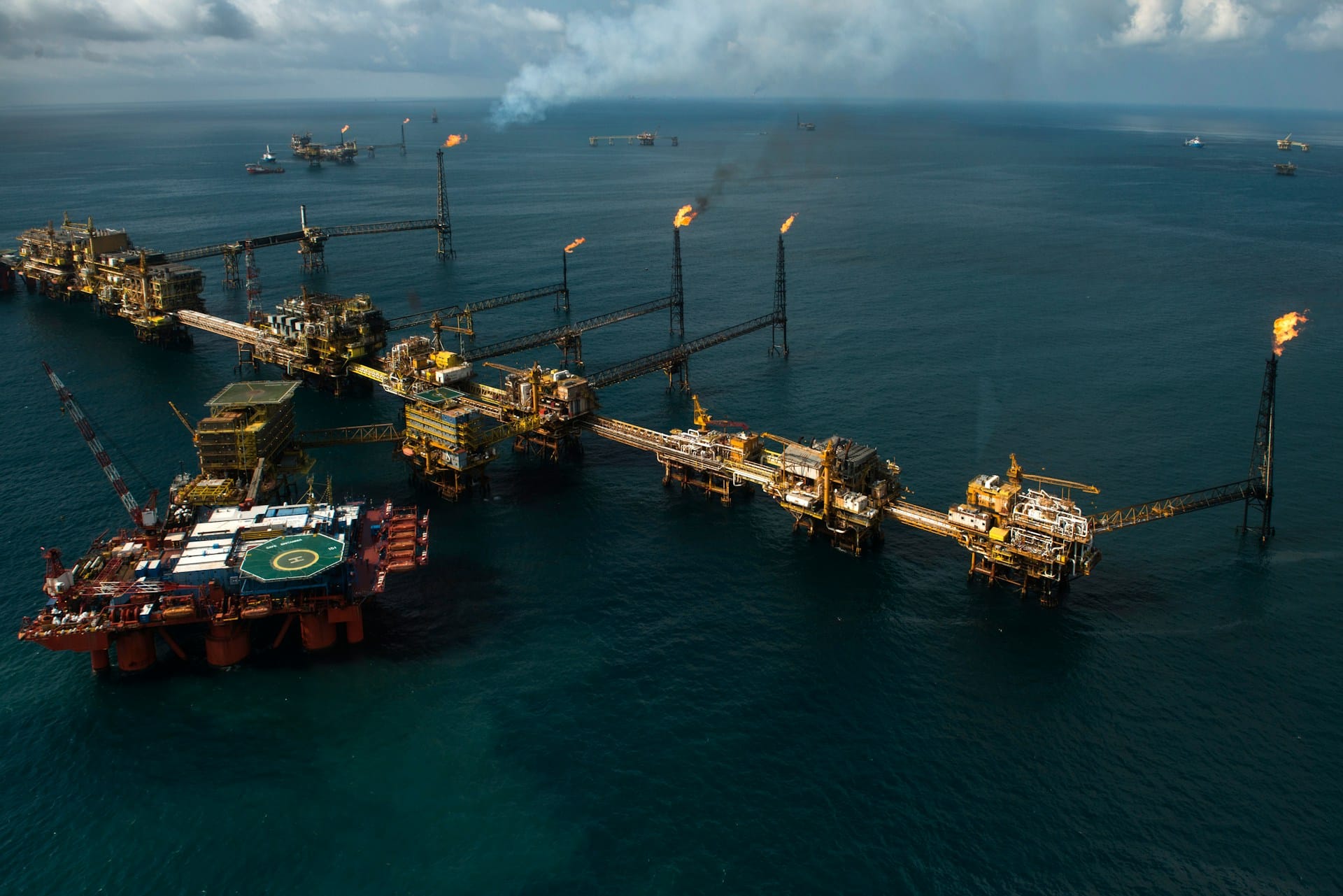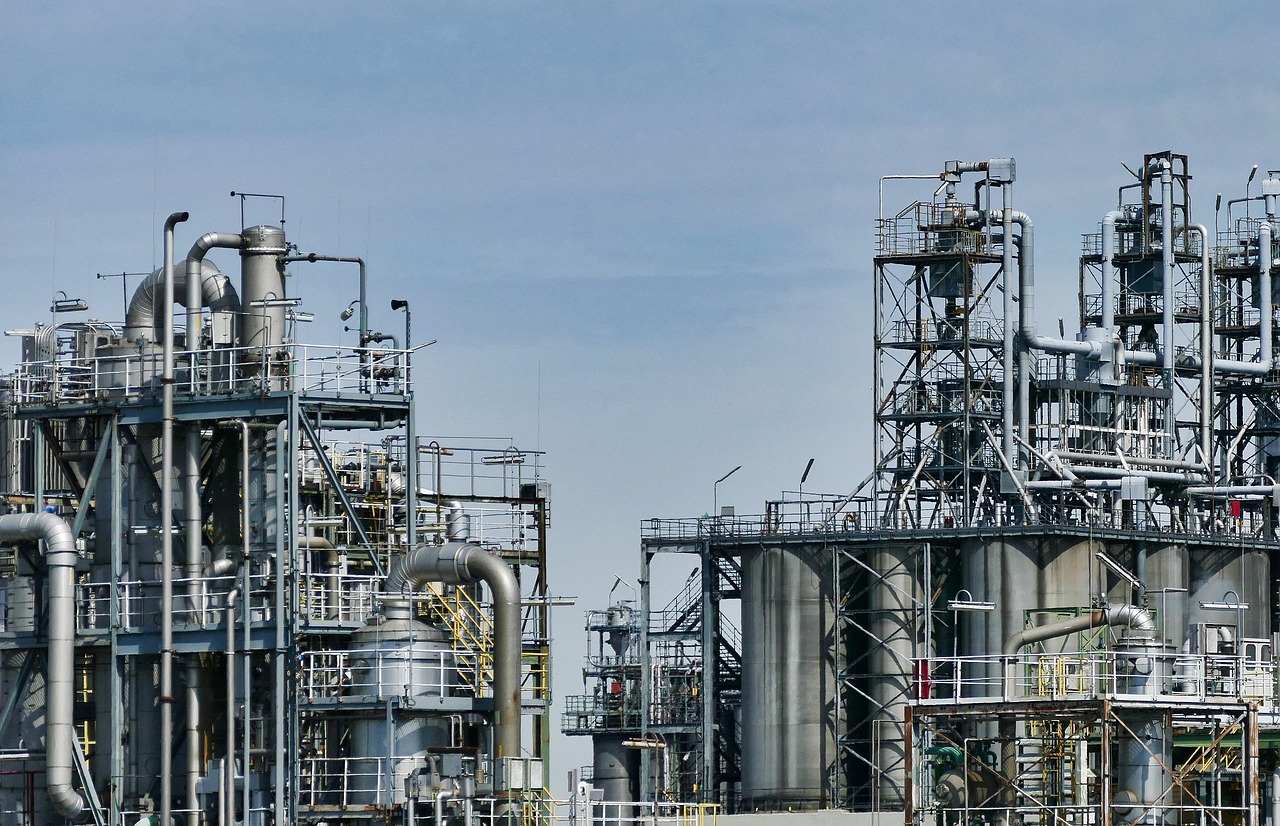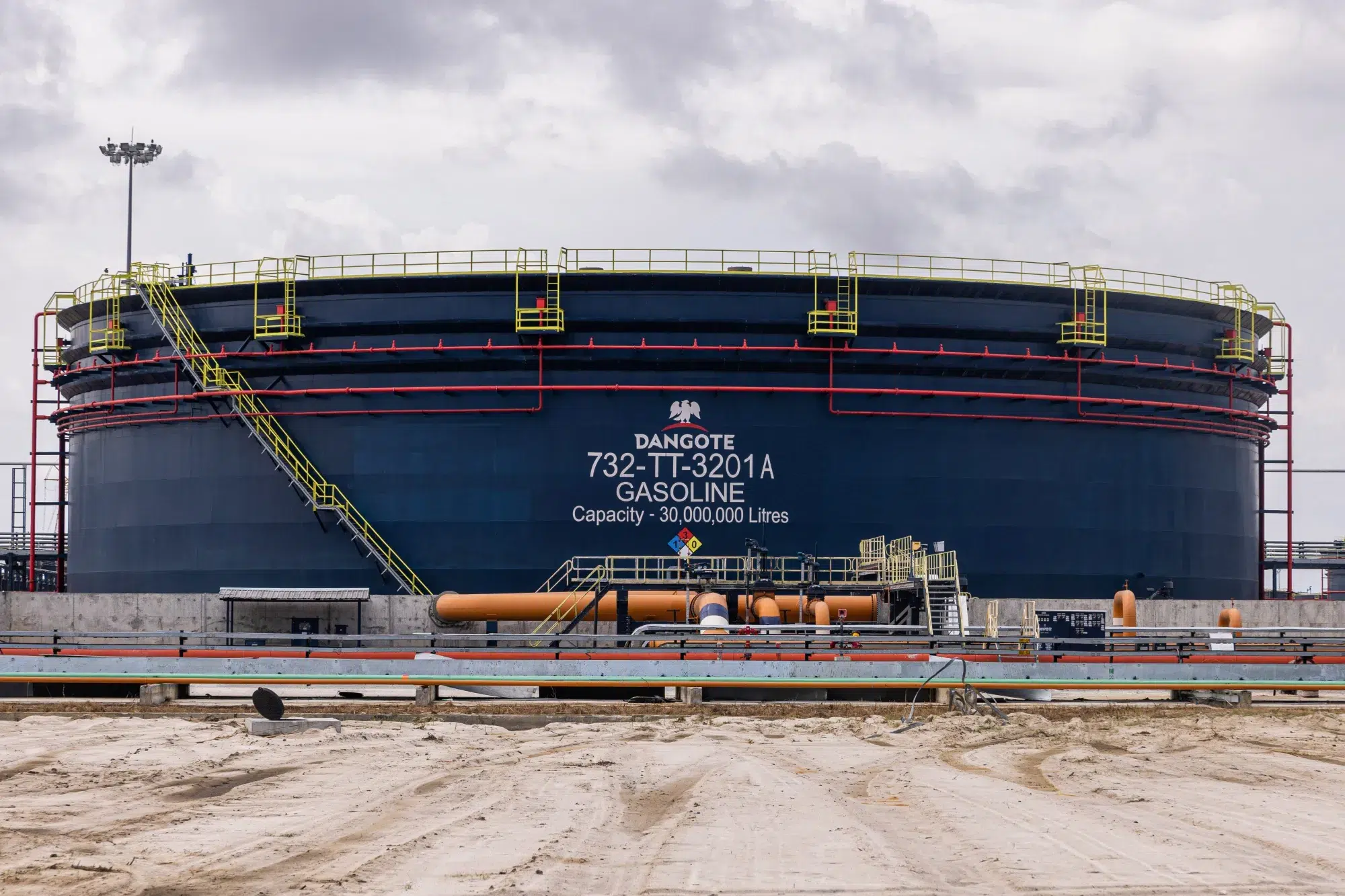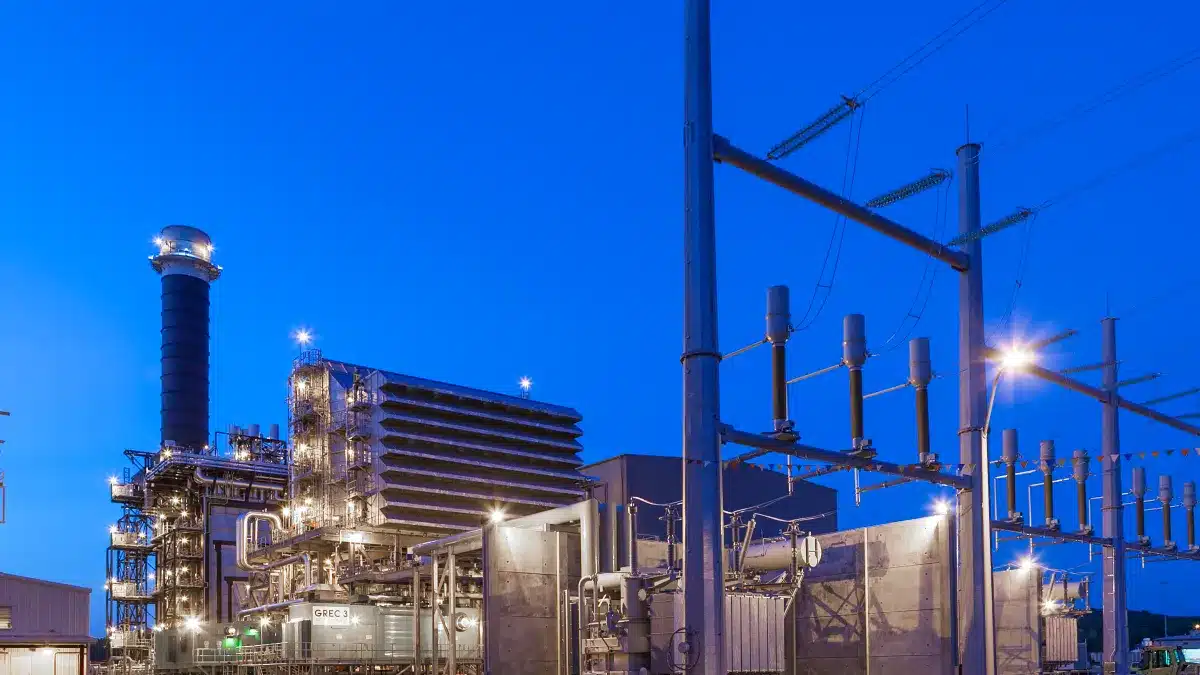Following the withdrawal of oil majors, including Shell and Chevron, the Egyptian government is now offering the Red Sea gas field for concessions to other foreign investors.
The Ministry of Petroleum and Mineral Resources confirmed this development on Tuesday, adding that it will launch a new tender for gas exploration in the area by September.
Earlier in July, the state-owned Egyptian Natural Gas Holding Company (EGAS) revealed that it would grant exploration rights to new gas blocks in the country’s North and Northeast regions this month.
The upcoming Red Sea bid follows the withdrawal of Shell, Chevron, and Mubadala from their gas concessions in the area earlier this year.
These companies farmed-out after seismic surveys yielded uneconomic results.
Despite these setbacks, officials say four major areas will be put up for bidding, with incentives promised for successful applicants.
Egypt doubles down on gas strategy
Egypt currently requires 6.2 billion cubic feet of natural gas per day but produces only about 4 billion cubic feet.
In 2024, it recorded the steepest decline in global LNG exports, largely due to underperformance and technical challenges at the Zohr gas field.
To close the gap between domestic demand and supply, the government is pursuing an aggressive production recovery strategy.
It aims to boost output to 5 billion cubic feet per day by year-end and has taken several steps to secure supply in both the short and long term.
In May, Cairo began seeking long-term LNG import contracts and leasing floating storage and regasification units (FSRUs) at key terminals to speed up LNG conversion during peak demand periods.
The government also signed a landmark $35 billion gas supply agreement with Israel’s Leviathan gas field, the largest export deal in Israel’s history.
The arrangement will see Egypt import about 130 billion cubic meters (bcm) of gas through 2040.
Egypt first began importing pipeline gas from Leviathan in 2019 under a deal to lift 4.5 bcm annually until the early 2030s when the contract is expected to expire.
However, supplies were briefly interrupted during the recent 12-day conflict between Israel and Iran, when the field was shut down for security reasons.









